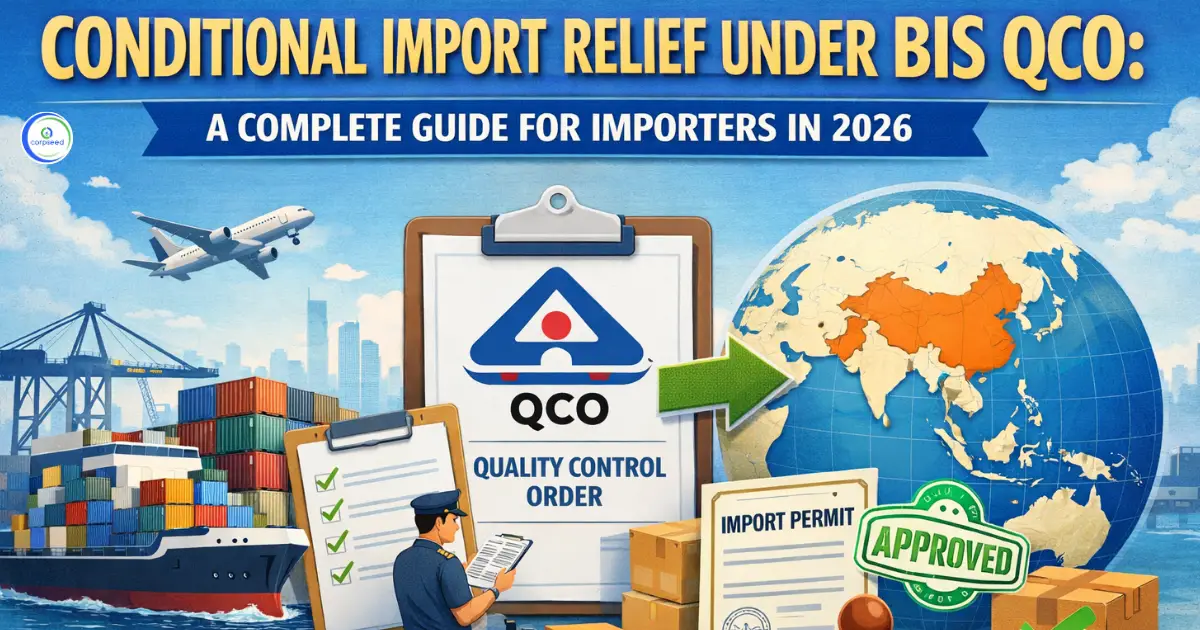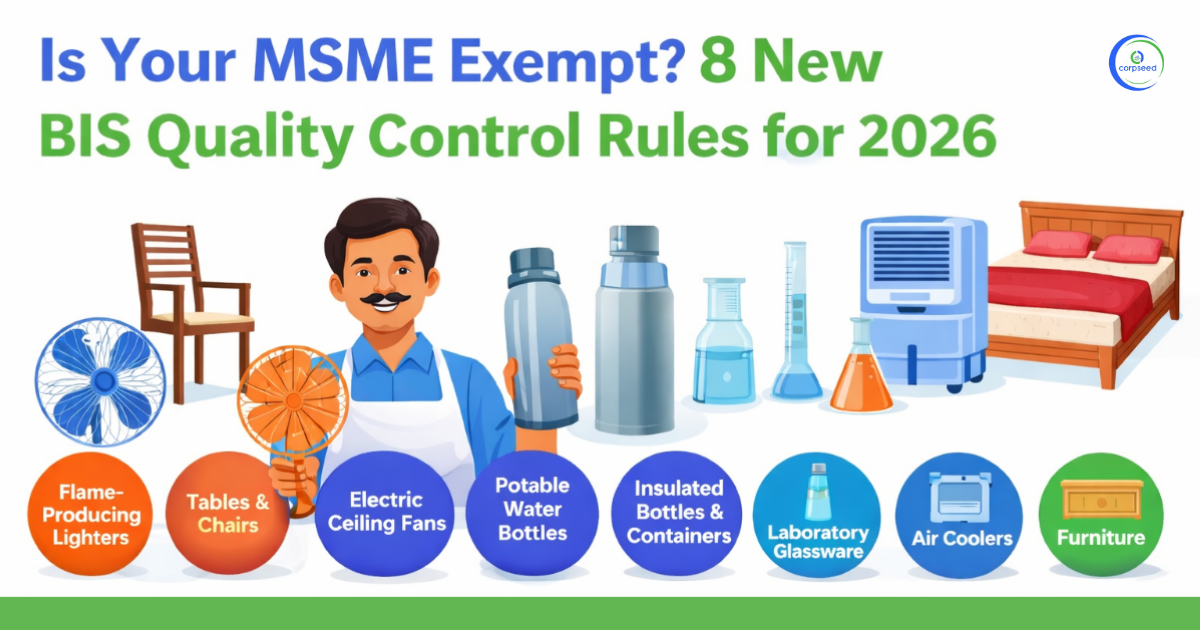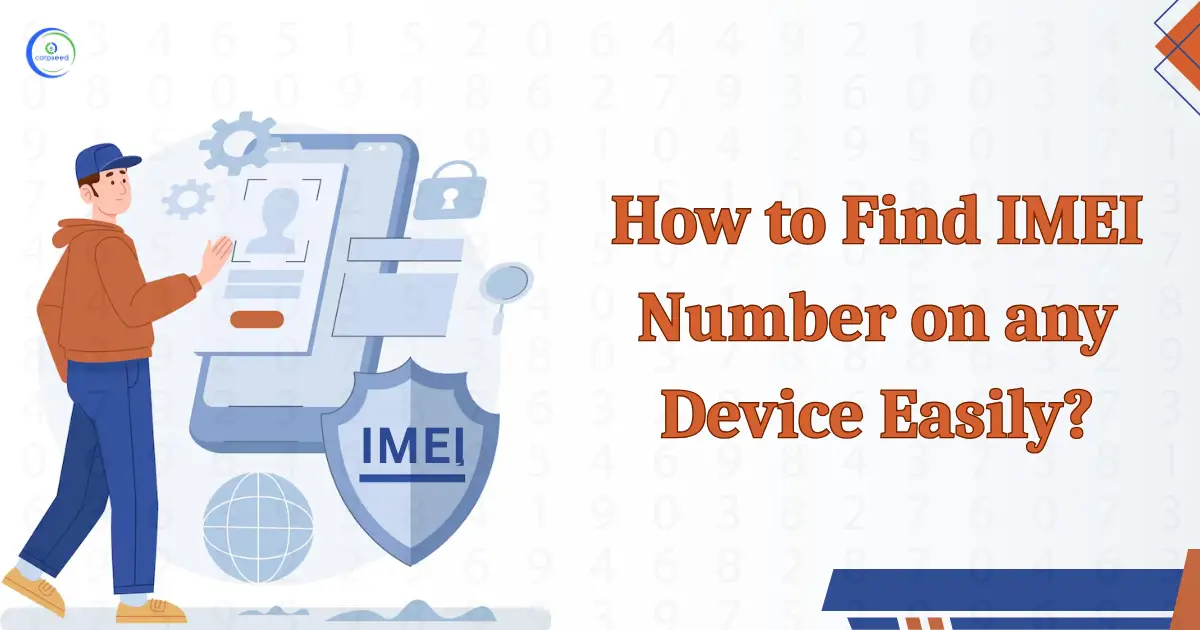From the aspect of product safety, protection of the environment, and consideration of laws, adherence to regulations and standards is quite important in the global market. Several updates have been done; RoHS 2 (2011/65/EU) covers a larger product range and brings new conformity assessment requirements. RoHS 3 (2015/863/EU), or RoHS Recast, has expanded the restricted substance list and clarified manufacturers' compliance duties. The updates reflect the continuous efforts of the directive to meet new environmental and health concerns.
Table of Contents
- What Is ROHS Compliance Certificate?
- Benefits Of ROHS Certification in India
- What Are ROHS Restricted Substances?
- Products That Require ROHS Products Certification
- Products That Are Exempted From ROHS Certification
- What Is The Process Of ROHS Certification?
- Is ROHS Certification Mandatory In India?
- Conclusion
--------------Blog Contact Form-------------
What Is ROHS Compliance Certificate?
An official RoHS Compliance Certificate is, it confirms the product corresponds to the requirement in the Restriction of Hazardous Substances directive. The requirement of the RoHS Directive seeks to restrict hazardous materials like lead, mercury, and cadmium in electrical and electronic equipment. Such products that pass these requirements and go through the necessary tests are then marked with the stamp of being RoHS compliant, hence safe to be used and therefore will not cause harm to human beings or the environment. This certification is, therefore, very vital for the manufacturer or distributor to market their products in the European Union or any other nation that has almost similar regulations.
Benefits Of ROHS Certification in India
Complying with Regulations: It is usually required that the sale of every electronic and electrical product be made following RoHS compliance, mostly within the European Union. A RoHS certificate ensures there is a guarantee on the product regarding these regulatory compliances.
Environmental Protection: RoHS works on reducing the impact of toxic materials found in electronic wastes on the environment. It contributes to good practices in recycling and disposal and reduces environmental pollution.
Better Quality Products: Compliance with RoHS generally means enhanced quality and reliability of products, as a manufacturer is bound to adhere to strict guidelines and better material management.
Competitive Advantage: The RoHS certification enhances an organization's image concerning social responsibility toward the environment and safety concerns and may give an edge over competitors.
Cost Savings: While there are some upfront costs for testing and certification involved, in the final analysis, RoHS compliance can help derive cost savings in the long term by reducing the requirement for far more costly waste management and remediation efforts occasioned by hazardous materials.
Future-Proofing: RoHS certification keeps firms ahead of regulatory change and impending legislation related to hazardous substances, ensuring continuous compliance and minimizing the potential risk of a problem with regulatory compliance in the future.
What Are ROHS Restricted Substances?
| SUBSTANCES | USAGE |
| Lead (Pb) | Commonly used in solder and some types of glass. |
| Mercury (Hg) | Found in fluorescent lamps and some types of batteries. |
| Cadmium (Cd) | Present in batteries and as a pigment in certain types of plastics. |
| Hexavalent Chromium (Cr(VI)) | Used in corrosion-resistant coatings and some dyes. |
| Polybrominated Biphenyls (PBBs) | Used as flame retardants in plastics. |
| Polybrominated Diphenyl Ethers (PBDEs) | Another class of flame retardants is found in textiles, plastics, and electronics. |
| Bis(2-Ethylhexyl) Phthalate (DEHP) | A plasticizer used in flexible plastics. |
| Butyl Benzyl Phthalate (BBP) | A plasticizer found in flooring and some other products. |
| Dibutyl Phthalate (DBP) | Used in adhesives, inks, and coatings. |
| Diisobutyl Phthalate (DIBP) | Found in some adhesives and sealants. |
Products That Require ROHS Products Certification
| PRODUCTS | DESCRIPTION |
| Consumer Electronics | Includes devices like smartphones, tablets, laptops, televisions, audio equipment, and gaming consoles. |
| Household Appliances | Covers major appliances such as refrigerators, washing machines, microwaves, and smaller devices like toasters and vacuum cleaners. |
| IT and Telecommunications Equipment | Encompasses computers, printers, routers, and other networking hardware. |
| Electrical Tools | Includes power tools, hand tools with electrical components, and garden tools like electric lawnmowers. |
| Lighting Equipment | Includes light bulbs, LED fixtures, and other types of lighting products. |
| Medical Devices | Encompasses devices with electrical or electronic components, such as diagnostic equipment, monitors, and imaging devices. |
| Automotive Components | Includes electronic systems and components used in vehicles, such as engine control units and infotainment systems. |
| Industrial Equipment | Covers machinery and equipment used in manufacturing processes, which include electronic controls and monitoring systems. |
| Toys and Leisure Equipment | Includes electronic toys, hobby devices, and sports equipment with electronic components. |
| Smart Home Devices | Includes items like smart thermostats, smart locks, and other home automation products. |
Products That Are Exempted From ROHS Certification
| PRODUCTS | DESCRIPTION |
| Military Equipment | Equipment for military purposes is typically exempt from the requirements of RoHS. |
| Large-Scale Fixed Installations | This would include large machinery and equipment that are installed and not intended to be moved, such as large industrial systems. |
| Transport Vehicles | Vehicles for transport, including aircraft, ships, and trains, typically do not fall under RoHS regulations, although some individual parts used in their manufacture might be restricted. |
| Medical Devices | All types of medical devices and equipment are exempt, subject to the category and the purpose of use of a device. |
| Monitoring and Control Instruments | Instruments used for monitoring industrial processes and control may, in some instances, be exempt. |
| Spare Parts of Particular Types | Spare parts of electrical and electronic equipment, placed on the market before the enforcement of RoHS, shall, therefore, be exempted. |
| Spare Parts of Particular Types | It is generally exempted, considering the specific application of solar panels and other related components and the types of materials used. |
| Cables and wires | Some cables and wires, especially those used in industrial or other particular fields and not really in consumer electronics, shall be exempt. |
What Is The Process Of ROHS Certification?
Documentation Review
- Bills and Material Declarations: Review and verify that all bills of materials and declarations are properly created for each product and component, to correctly identify the used materials.
- Assembly Drawings: Review assembly drawings to ensure the proper depiction of the final product and the inclusion of all required components.
- Conformance Certifications: Ensure that all conformance certifications have been appropriately uploaded into the Company's Network, in compliance with all requirements under RoHS.
- Test Results: Test results are provided for RoHS compliance and the correct upload into the company network.
- Compliance File: Confirmation that a compliance file has been comprehensively created. This will help in consolidating all the documents, certifications, and test results in one file for RoHS compliance.
Verification Process:
- Testing of Prohibited Chemicals: The process initiates by the testing of the 10 restricted substances under RoHS. Such testing may be done through:
- On-Site Testing: This relies on X-ray fluorescence to determine the presence and concentration of the restricted substances on site.
- Lab Testing: Phthalate solvent extraction tests in a laboratory offer measurements of the concentration of the prohibited substances.
- Threshold Evaluation: The concentration levels of each substance have to be evaluated against the threshold limit provided for it by RoHS to ensure compliance with the directive.
End Product Analysis:
- On-Site Inspection: This will involve on-site inspection of manufacturing processes to ascertain RoHS compliance. The action plan includes:
- Review of Goods: Each product shall be checked against control standards for the forbidden substances.
- Factory Inspection: The factory inspection shall consider an overall factory inspection with reviews of quality management systems and production processes.
- Auditing and Follow-Ups: Some auditing firms carry out annual follow-ups. Samples of products can then be taken to check for continuing compliance with RoHS standards.
Grant of Licence
- Successful Completion of Audit: Upon completion of the audit process and upon meeting all the requirements for compliance, a RoHS certificate shall be awarded.
- Certificate of Conformity: Document bearing formal attestation popularly known as Declaration of Conformity, which the product meets the standards of RoHS and meets all the regulatory requirements.
Is ROHS Certification Mandatory In India?
Although RoHS certification is not required everywhere in India, consumer and governmental demand for safer devices is quickly making it so. The use of particular hazardous compounds in electrical and electronic equipment is restricted by the RoHS directive, which was implemented by the European Union. Even though the EU RoHS regulation is only applicable inside the EU, the majority of countries—including India—are draughting their laws to comply with these international standards in order to support free commerce around the world and consumer safety.
The Indian government has taken additional steps to control dangerous materials in electronics by establishing several rules and recommendations. The Bureau of Indian Standards and the Ministry of Environment, Forests, and Climate Change are two important organisations that have been involved in the process of developing rules regarding hazardous materials and electronic trash. The Indian government is working hard to implement a framework for regulating hazardous compounds in electronic equipment that is akin to RoHS.
In most cases, RoHS compliance is required in India today if such products are to be exported to regions with prevailing RoHS regulations, such as the EU. Moreover, global and international brands that often outsource activities in India, and leading manufacturers of electronic devices, tend to follow the standard of RoHS so that all their products meet global safety and environmental standards. This will not only help companies in accessing the global markets but also meet the growing consumer demand for an environmentally friendly and safe product.
Conclusion
To guarantee that electrical and electronic devices fulfil strict safety and environmental requirements, RoHS certification is essential. RoHS limits hazardous materials, which not only improves product quality and protects the environment but also gives businesses a competitive advantage and cost savings. The implementation of obligatory certification is driven by export requirements and demands from the global market, even if it is not a necessity across India. A formal Declaration of Conformity is the result of extensive testing, paperwork, and inspections during the certification process. Respecting RoHS regulations facilitates international trade, complies with legislative developments, and tackles escalating environmental and consumer concerns.
This portion of the site is for informational purposes only. The content is not legal advice. The statements and opinions are the expression of author, not corpseed, and have not been evaluated by corpseed for accuracy, completeness, or changes in the law.
BOOK A FREE CONSULTATION
Get help from an experienced legal adviser. Schedule your consultation at a time that works for you and it's absolutely FREE.



_Amendment_Order_2026_New_Compliance_Rules_Corpseed.webp)



.webp)

